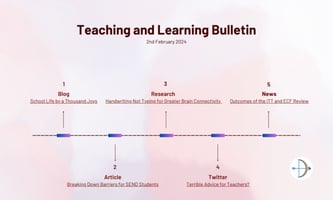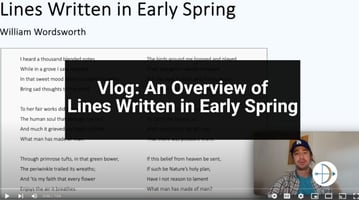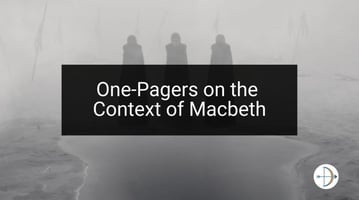Here is the Teaching and Learning Bulletin for 2nd February:
200 Words: Chauffeur Knowledge
In 1918, the Nobel Prize for Physics was awarded to Max Planck. He swiftly embarked on a tour of Germany and, sensibly enough, delivered the same lecture over and over again. His chauffeur became so familiar with it that, for a good wheeze, he asked to take one of the lectures himself. Which he did. And the ruse – enacted at the University of Munich – went undiscovered. Until he invited questions from the audience.
The complexities of teaching and learning can often get lost in reductive, albeit attractive, ‘chauffer knowledge’ narratives. We know, for example, that regular retrieval practice is good. However, we’re perhaps less clear on the effects of unsuccessful retrieval attempts on learning and how even slight adjustments to the way in which we frame our questions can significantly alter the answers we’re likely to receive. And there’s also the issue of how the prompts we give have the power to both improve and inhibit learning depending on how and when they’re used. And so on…
In short: it’s complicated. And embracing those complexities, and all the messiness and discomfort that comes with them, is vital for improvement. So, keep asking (and inviting) those awkward questions and keep moving the debate beyond the simple headlines.
Thanks for reading –
Doug

.jpg?width=50&name=douglas-wise%20(2).jpg)



